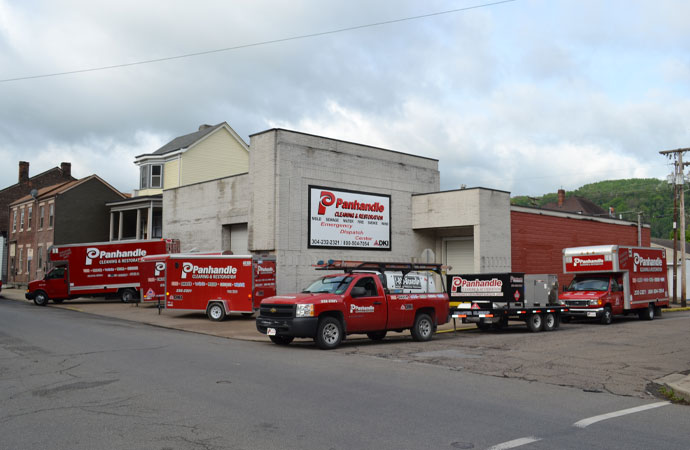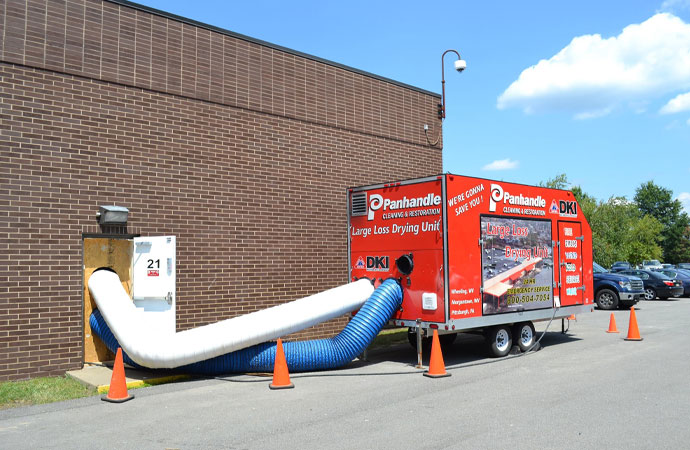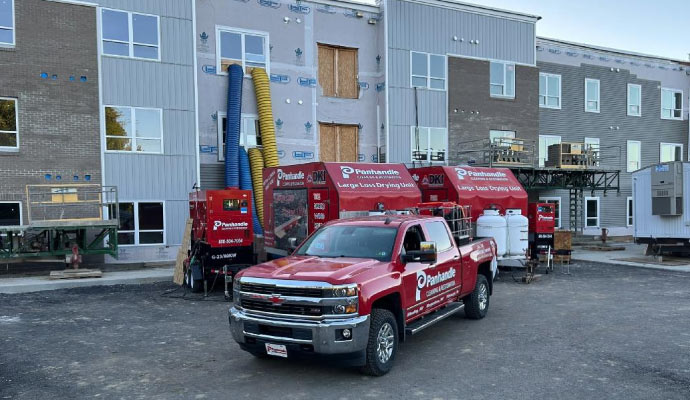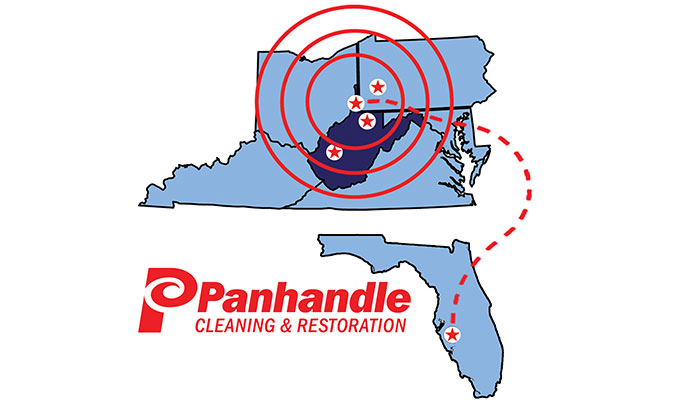
Emergency Response for Business
Emergency response plans and disaster preparation are different for commercial businesses than for private residences. Businesses have a profit element to consider as well as responsibilities to investors, suppliers, distributors, manufacturers, and employees. Disasters affect all of these things, so commercial preparation must take on a different tone. Comprehensive, ongoing planning is really the only way for a business to prepare for a disaster. Strategizing and discussing responses and preparation measures with everyone involved in business operations should be the primary ongoing focus for businesses of any size. Ongoing planning, revising, and rehearsing is always better than being unprepared.

Make Planning Ongoing
Maintaining a high level of preparedness throughout the year is the most effective way to ensure that your business is ready for a disaster situation. Disasters cause chains of devastation beyond the initial event. For businesses, this can mean disruptions in supply lines from manufacturers, distributors, and retailers, as well as compromised data. Because of these widespread risks, it is important to communicate a disaster response plan to all employees and business contacts. Disaster recovery is much more efficient when all parties understand the emergency procedures. Regularly maintaining and inspecting building facilities is crucial for structural resistance and operational safety.

Protect Data
Data storage and protection is an integral part of any business operation and is extremely important for disaster planning. Keep copies of important hard documents and backup everything–ideally in multiple places. The highest importance after the welfare of people is the protection of sensitive data. Financial information is particularly important, so ensure that this data is backed up and secured in the event of a disaster. You should also have cash reserves and credit to address any contingencies related to operational matters and business relocation.

Evaluate Insurance
An important part of business disaster planning is to ensure that the insurance coverage is sufficient for your needs. Communicate with your insurance agent about business disaster insurance if you are unsure whether your coverage is sufficient. Most policies don’t cover floods or earthquakes, so you may need to purchase additional coverage to plan for these scenarios. Offsetting physical losses and other operational expenses is the primary focus for getting a business back to functioning after a disaster.


















